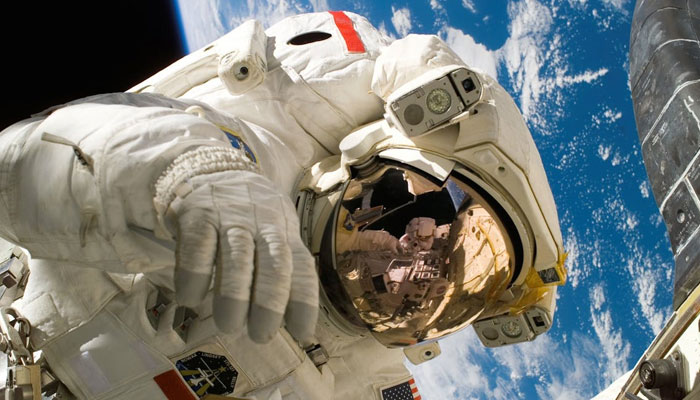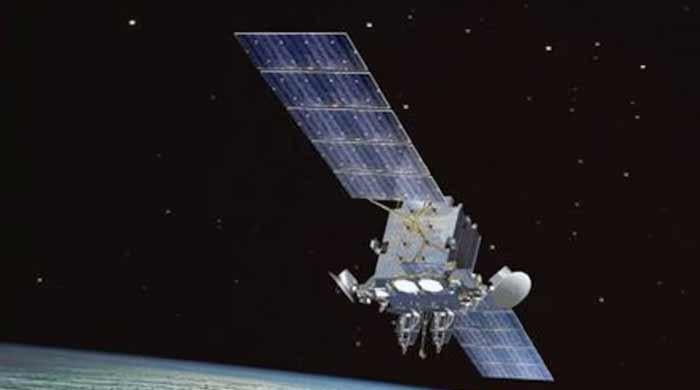How often do astronauts experience headaches in space?
Space travel has been linked to various health issues, like bone and muscle atrophy, inner ear balance issues
March 17, 2024

A new study in space medicine reveals that astronauts are more likely to experience headaches in space than previously thought, raising alarms over the potential impact of microgravity environments and other factors on the human body during space missions.
According to KSL, the study involving 24 astronauts from the National Aeronautics and Space Administration (Nasa), the European Space Agency and Japan Aerospace Exploration Agency (Jaxa) was published this week in the journal Neurology.
The study found that all but two astronauts reported experiencing headaches in space, a larger proportion than expected.
The headaches occurred not only during the first few weeks in space as the body adapts to microgravity but also later.
The study revealed that headaches during the early days of space travel typically resemble while later ones resemble tension headaches.
Neurologist WPJ van Oosterhout, lead author of the study, said: "In the first week, the body has to adapt to the lack of gravity, known as space adaptation syndrome.
"This phenomenon is similar to motion sickness, and can cause nausea, vomiting and dizziness, and headaches. The later headaches could result from an increase in intracranial pressure.
"Due to microgravity, there is more fluid accumulating in the upper part of the body and head, resulting in higher pressure in the skull."
According to the neurologist, migraines experienced on Earth are throbbing and pulsating headaches lasting four to seven hours, accompanied by nausea, vomiting and hypersensitivity to light and sound.
Meanwhile, tension-type headaches on Earth are a dull pain felt over the entire head without other symptoms, Oosterhout added.
None of the astronauts had ever been diagnosed with migraines prior to their space missions and none had a history of recurrent headaches.
Space travel has been linked to various health issues, including bone and muscle atrophy, brain and cardiovascular system changes, inner ear balance issues, and eye syndromes.
It also poses increased cancer risk from space radiation exposure.
"The honest answer is that we don't know the effects of long-duration space travel — possibly years — on the human body," Oosterhout said.
"It is clear that even short-term, days or weeks — to medium-term, weeks or months — duration exposure to microgravity already has some effects, mostly reversible, on the human body. This is a clear task for the field of space medicine."











